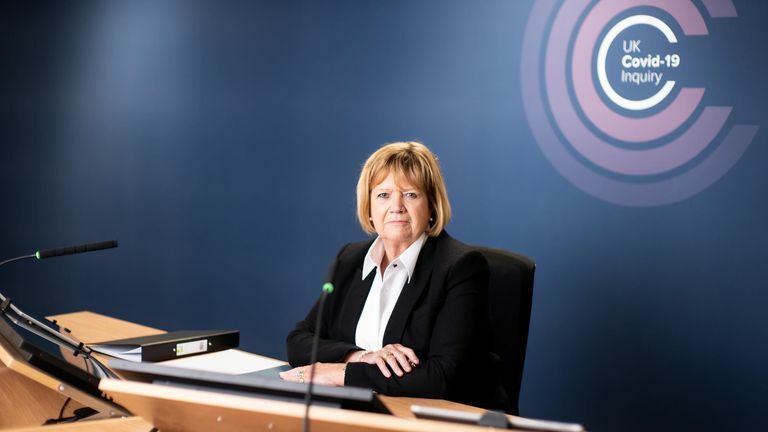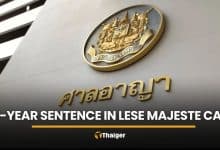COVID inquiry chair defies government over Johnson’s WhatsApp messages

Baroness Hallett, chair of the COVID inquiry, has stated that it is her responsibility to determine what evidence is “relevant or potentially relevant” in the ongoing legal dispute with the government over Boris Johnson’s WhatsApp messages. Despite the government’s request to withdraw her order for the unredacted material, Baroness Hallett has refused to do so.
The government recently launched a judicial review of Baroness Hallett’s order for the Cabinet Office to hand over Johnson’s unredacted WhatsApp messages, diary entries, and other documents. However, the former prime minister has already sent “all unredacted WhatsApps” directly to the inquiry.
Baroness Hallett addressed the legal battle, stating that she issued a notice under Section 21 of the Inquiries Act 2005, clarifying that it is the inquiry chair’s responsibility to decide what is relevant or potentially relevant. The Cabinet Office disagrees, claiming they are not obliged to disclose what they consider to be unambiguously irrelevant material.
The government’s reasoning for launching the judicial review is based on “important issues of principle” concerning privacy. It questions whether Baroness Hallett has the power to compel the production of documents and messages that are unambiguously irrelevant to the inquiry’s work. The government argues that requesting such material represents an unwarranted intrusion into other aspects of the government’s work.
Despite the Cabinet Office’s stance, Johnson has sent “all unredacted WhatsApps” directly to the COVID inquiry, stating that he is “perfectly content” for the material to be inspected. He has also requested the government’s help in securely turning on an old mobile phone to hand over additional material.
Hugo Keith KC, a counsel for the inquiry, informed Baroness Hallett that Johnson’s unredacted WhatsApp messages and notebooks would be compared with redacted copies provided by the Cabinet Office. The inspection is set to begin this week, allowing the inquiry team to assess the appropriateness of the redactions applied by the Cabinet Office.
In addition to Johnson’s material, the inquiry has received documents with redactions from two other individuals. The Foreign Office has supplied the inquiry with potentially relevant WhatsApps from two special advisers, with extensive redactions applied to parts deemed irrelevant. Meanwhile, the Department of Health and Social Care has provided a “much fuller disclosure,” including messages from Matt Hancock, who served as health secretary during the pandemic.
So far, the inquiry has issued 38 requests to government departments and other bodies, 11 to regional mayors, and 12 to ministers, including former prime minister Liz Truss, former deputy prime minister Dominic Raab, Business Secretary Kemi Badenoch, and Levelling Up Secretary Michael Gove.
Latest Thailand News
Follow The Thaiger on Google News:


























